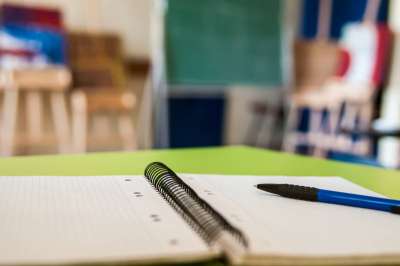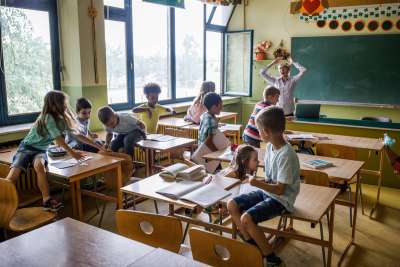Higher and Higher
The finest teachers are those who have high expectations for their students. They continually challenge their students, engaging them in higher-order thinking activities, problem-solving, creative-thinking extensions, and other instructional activities that s-t-r-e-t-c-h their minds.
I once worked for a principal who said, “Students don't fail, teachers do!” It was his belief that good teachers must take personal responsibility for their students' learning. Good teachers are sensitive to the instructional needs of every student and work for the success of each individual in the classroom.
Effective teachers match the difficulty of a lesson with the ability levels(s) of students. In addition, they vary the difficulty when necessary to attain moderate-to-high success rates (60 to 70 percent).
Using Student Ideas
Good teachers know they can significantly increase student engagement in the learning process by incorporating students' ideas in classroom discussions by:
Using student ideas by repeating nouns and logical connections.
Rephrasing student ideas in teacher words.
Using student ideas to take the next step in problem-solving.
Drawing relationships between student ideas and information shared earlier.
Using what students say as a summary of important concepts.















